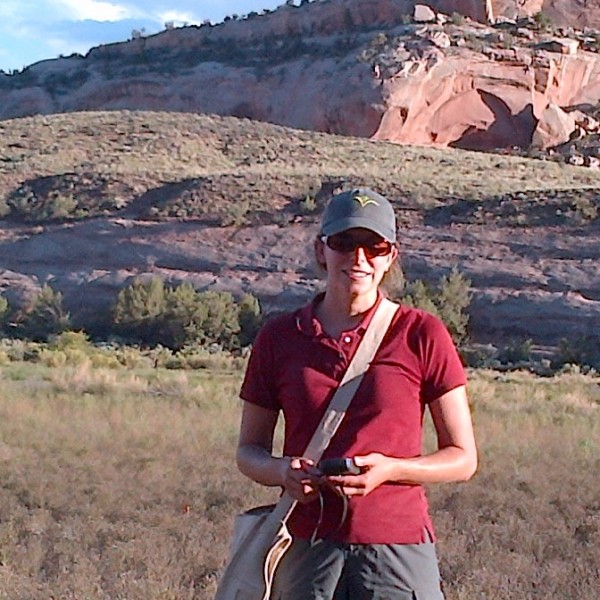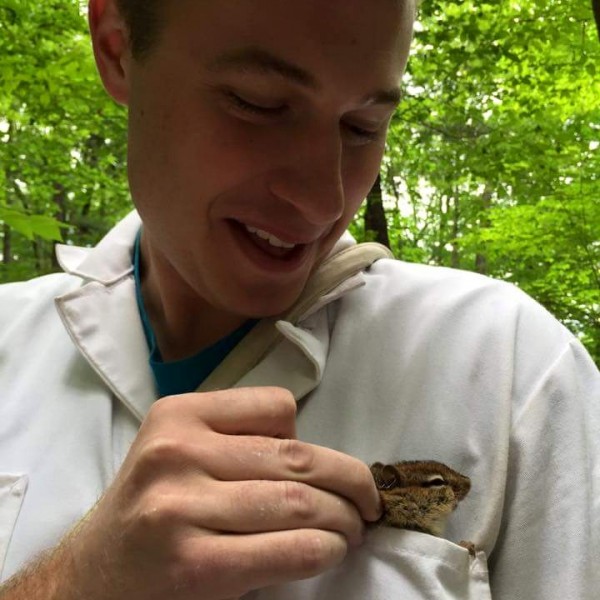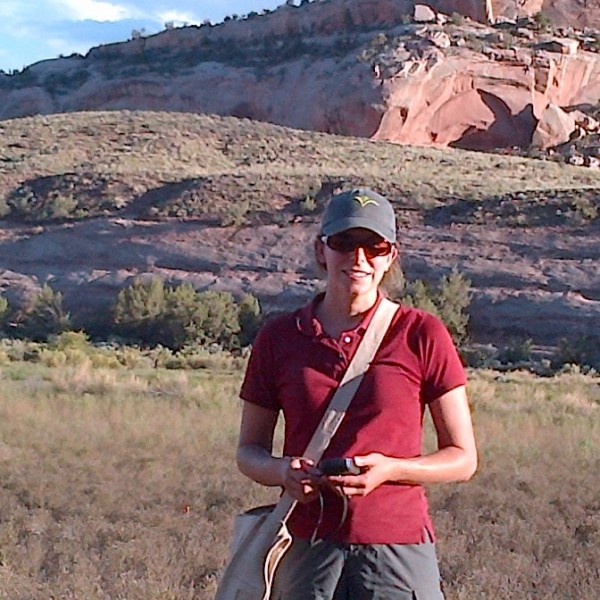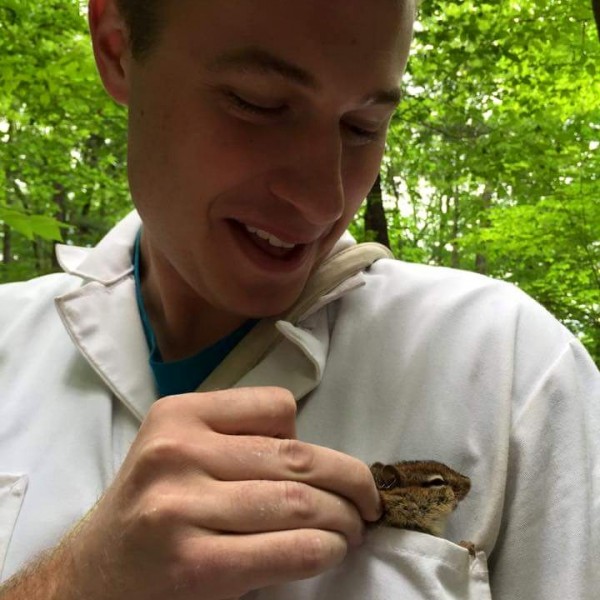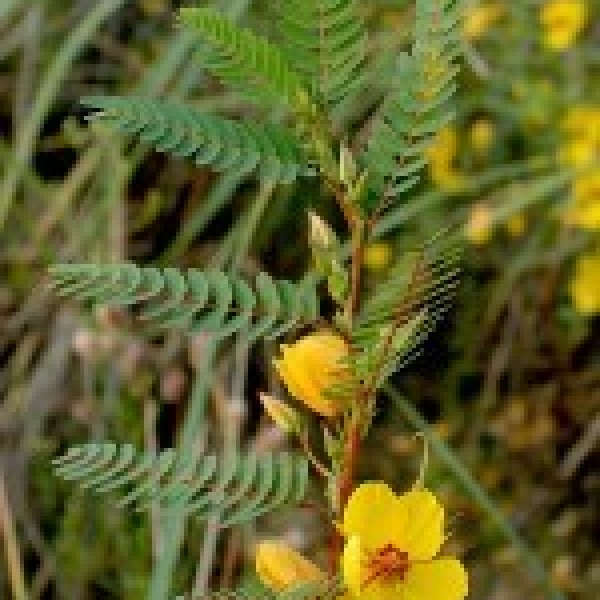
Predictive provenancing: can southern-sourced seeds be used in Midwest restoration efforts? 2017
Chicago Botanic Garden and Common garden site in Grayslake, IL
Genetics, Population Biology, Reproductive Biology
Rapid anthropogenic climate change is currently causing range shifts and changes in phenology for many species. Many plant populations have been shown to be adapted to local environmental conditions. Restoration managers have hence primarily sourced their seed from local areas relative to the restoration site. However, the genotypes present in these populations used as seed sources may be ill-suited for a quickly changing climate. Due to this interplay of climate change and local adaptation, it is imperative to evaluate the methods of seed sourcing being used when planning for resilient plant populations in restorations.
This project will be a continuation of a common garden experiment comparing the fitness and phenology of individuals sourced from potential seed source zones for Chicago-area restoration in four prairie/savanna species. Potential projects include studying the fitness and phenology of Allium cernuum, conducting germination tests comparing the parental generation versus the F1 generation in all four species, and measuring photosynthetic rates in Chamaecrista fasciculata.

